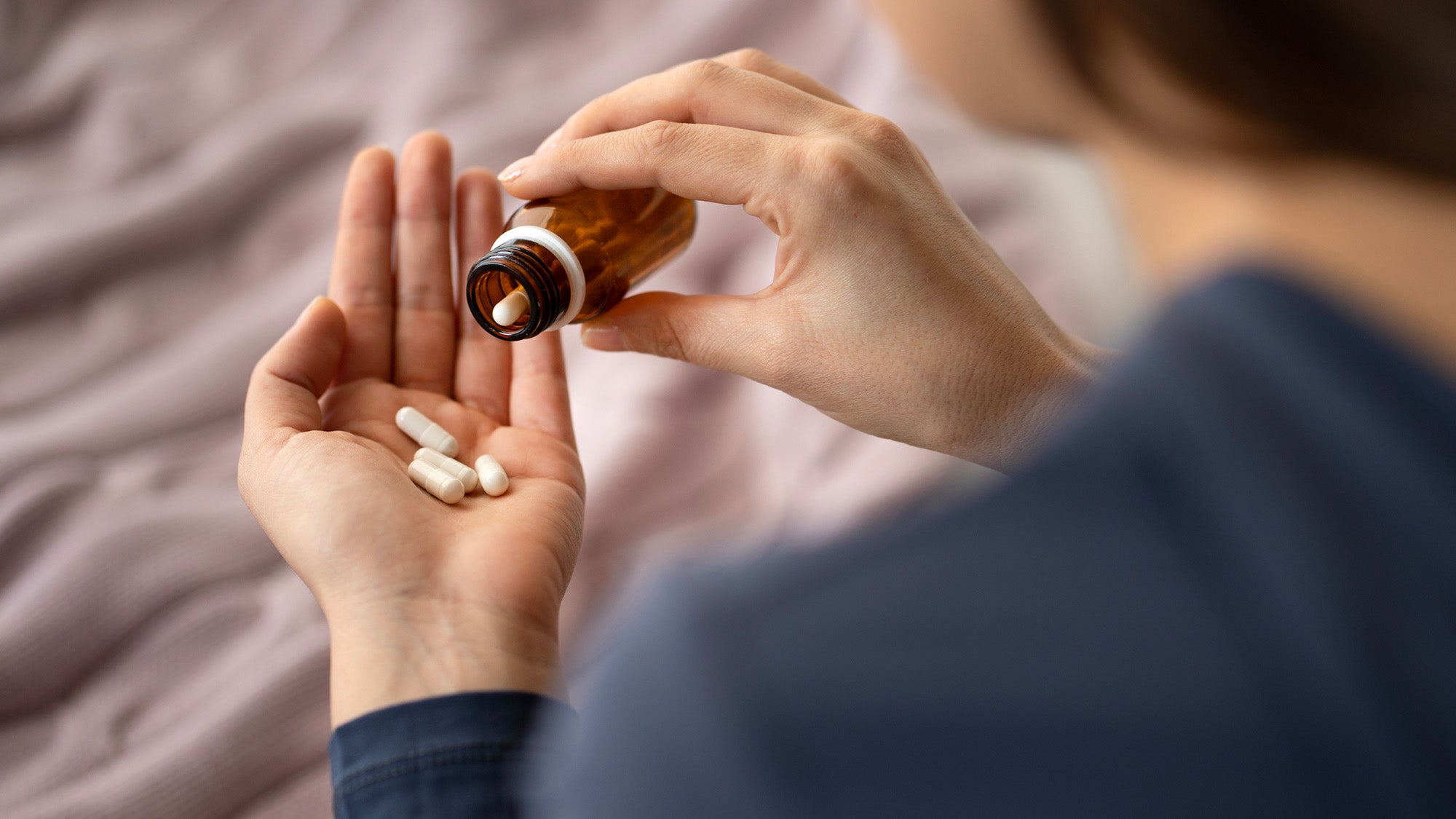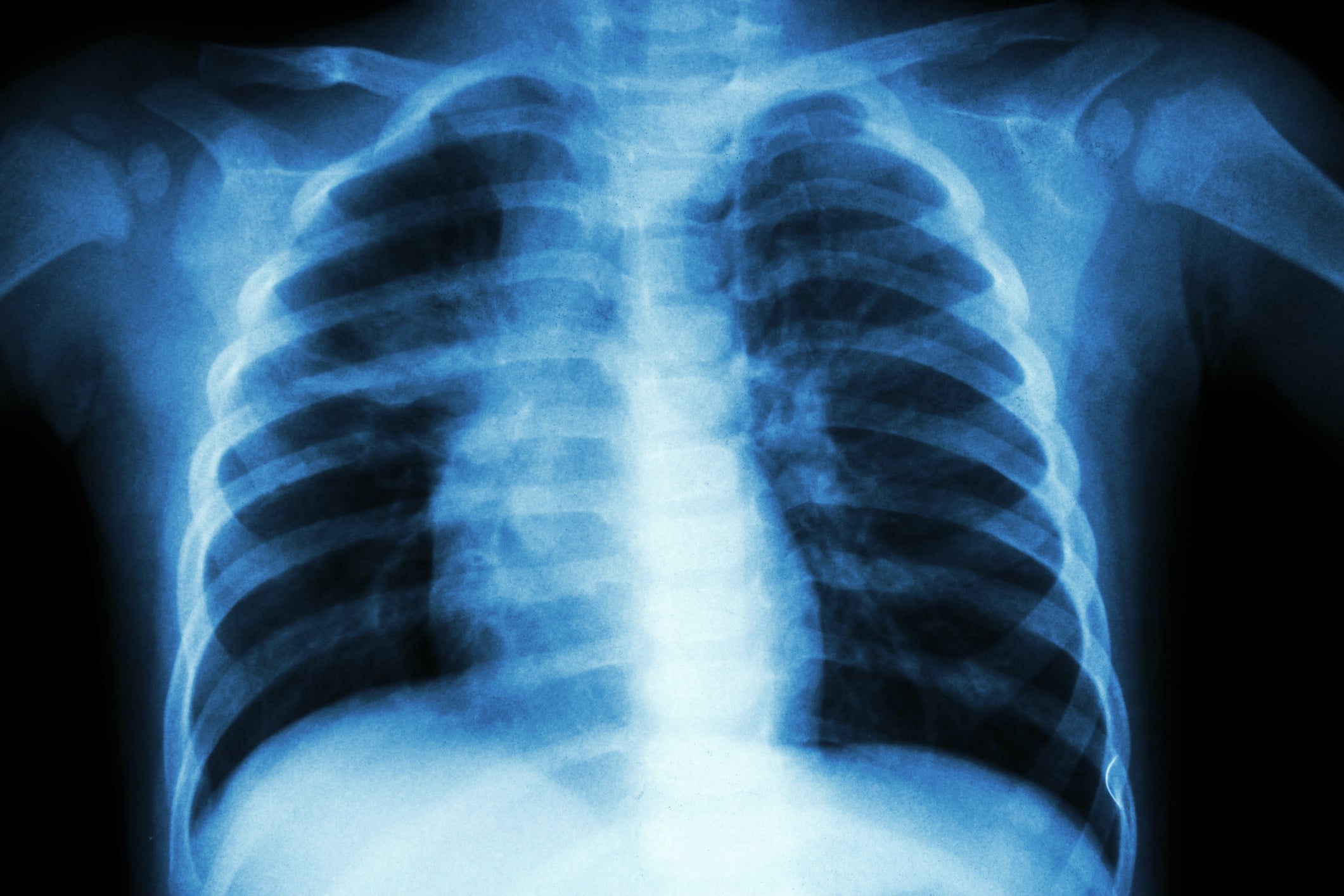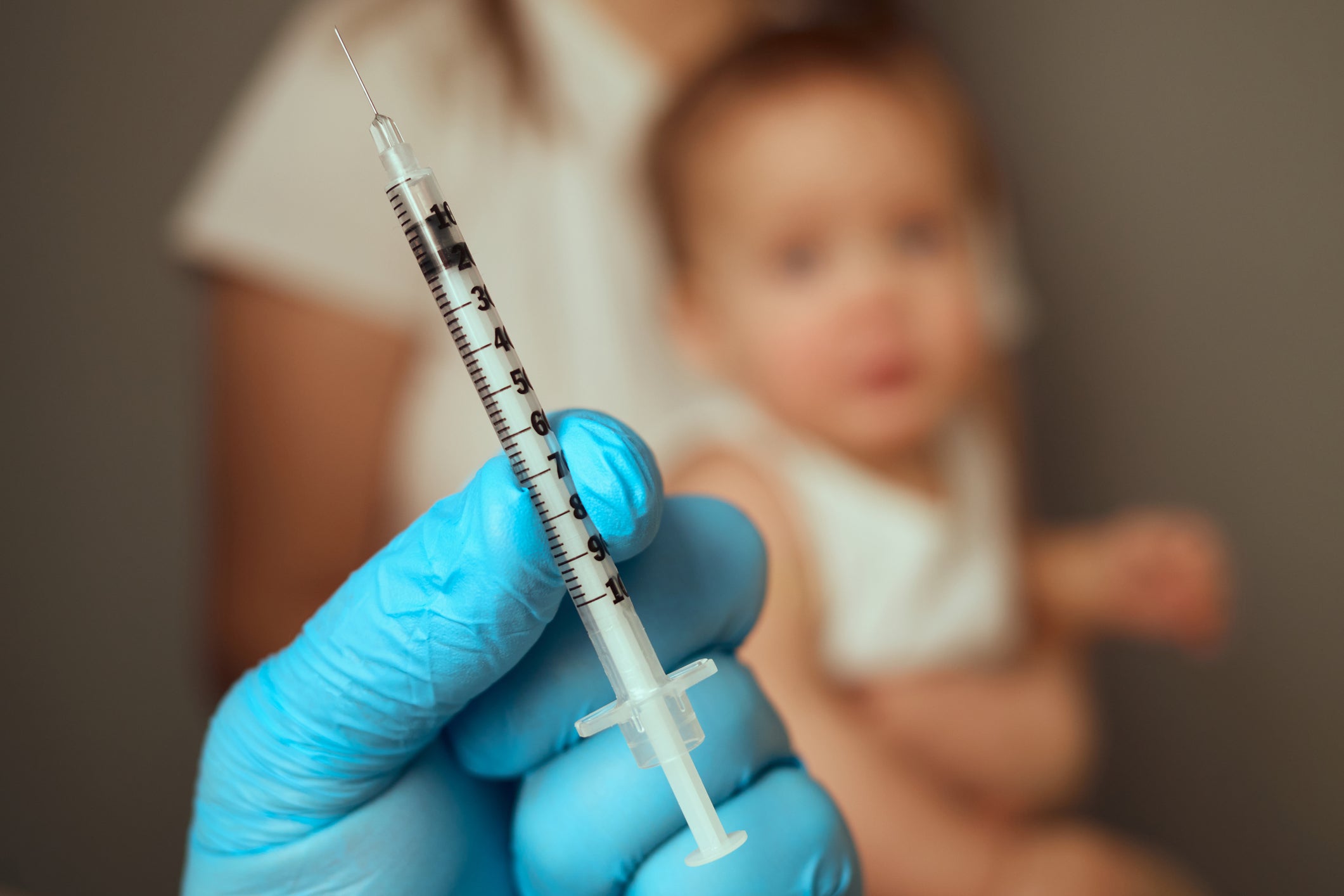Vaginal probiotics may not provide purported health benefits

Although vaginal probiotic products are marketed to promote vaginal health and treat infection, current scientific evidence does not necessarily support these claims, according to experts.
Probiotics in the form of oral supplements and vaginal suppositories may contain beneficial bacteria, but healthy vaginas do not intrinsically need special care, according to a July 7 SELF article. Furthermore, experts in the article explained that even if individuals acquire a yeast infection or bacterial vaginosis (BV)—which occur with an overgrowth of certain fungi or bacteria, respectively, that occur naturally in the vagina—sparse research has not shown that probiotics consistently help.
Still, because the antifungal and antibiotic drugs currently used for standard treatment are only moderately effective, experts said that better designed probiotics could help improve outcomes. Smita Gopinath, assistant professor of immunology and infectious diseases at Harvard T.H. Chan School of Public Health, said that creating effective probiotics is challenging because the vaginal microbiome is understudied—so researchers do not have a good understanding of how it works.
Developing a probiotic supported by scientific evidence would not only help with infections themselves, but with their ramifications—for instance, BV is linked to a higher risk for sexually transmitted infections and worse reproductive outcomes. “BV is a risk multiplier, and we really need to start treating it that way,” Gopinath said.
Read the SELF article: Do Vaginal Probiotics Do…Anything?


